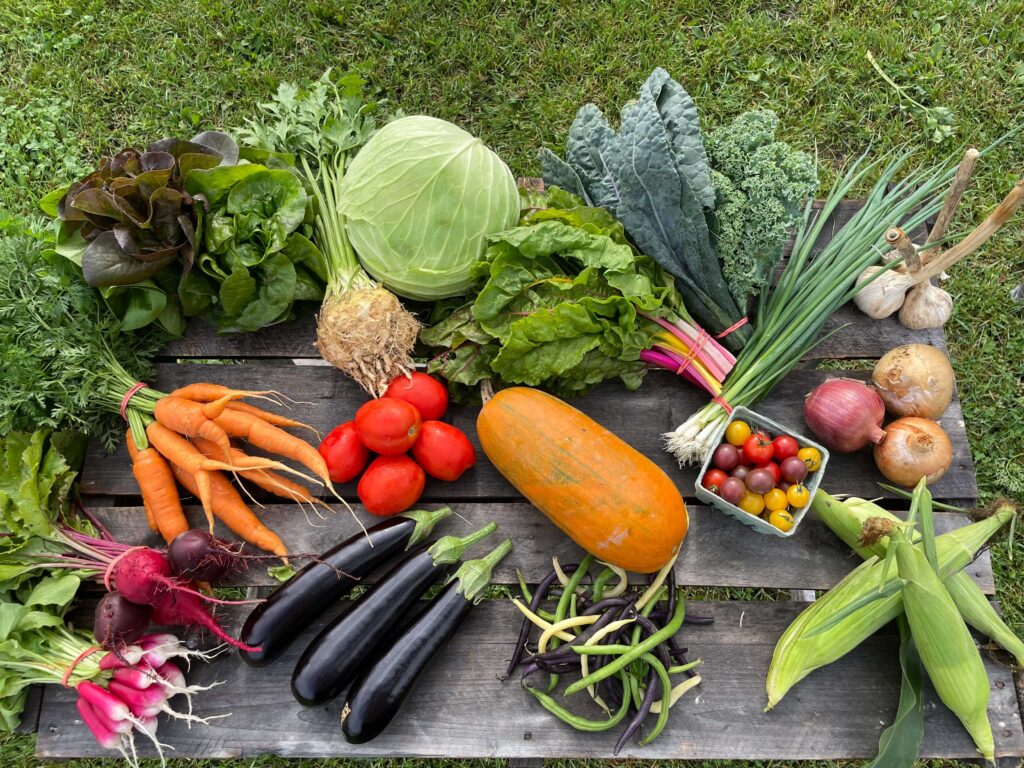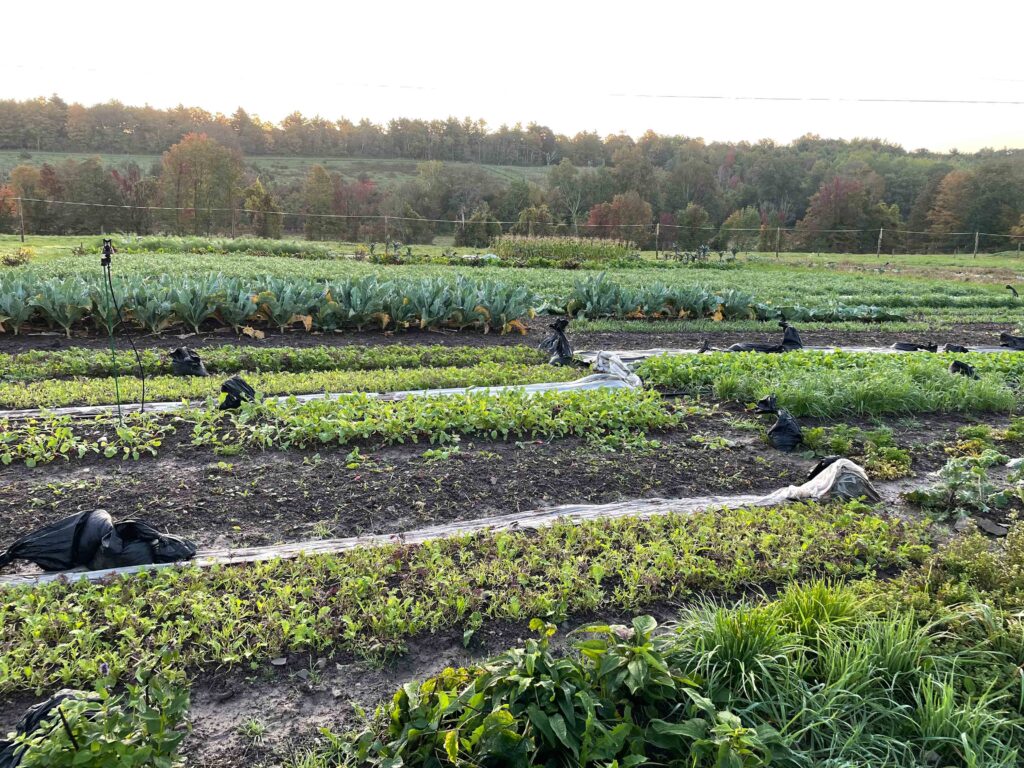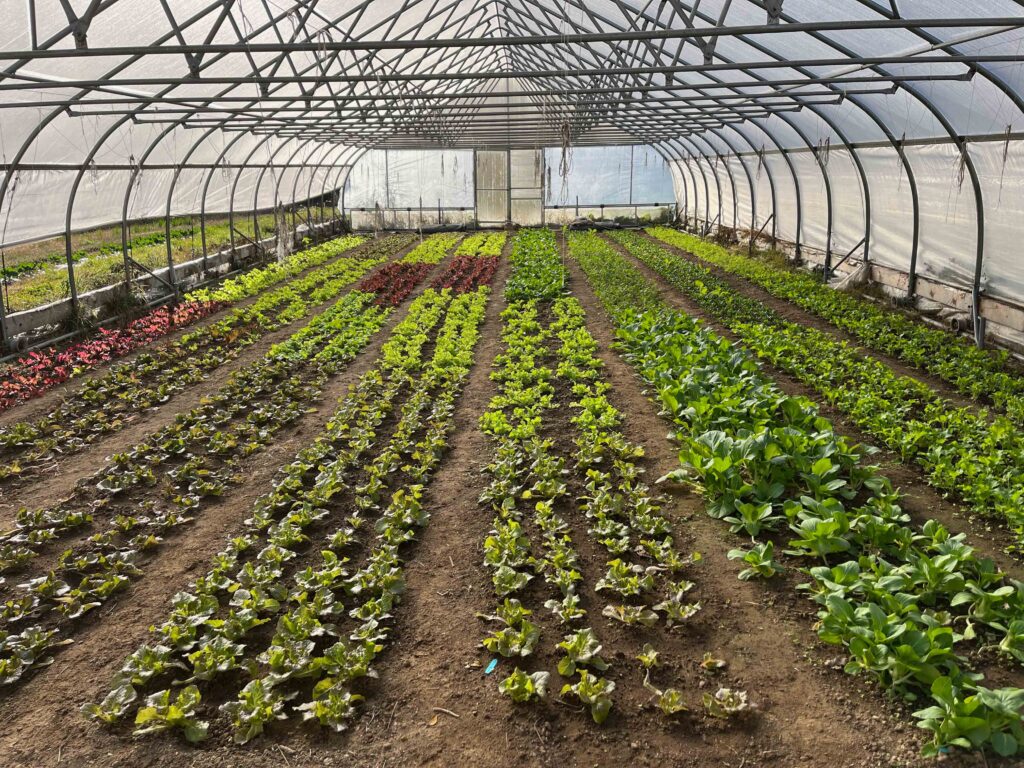Community Supported Agriculture (CSA) serves as a direct link between consumers and farmers, contributing to the development of a sustainable, nutritious, and transparent local food system. Participants in CSA programs invest by purchasing shares or memberships from farmers at the commencement of the growing season. In return, they receive weekly harvests – a diverse array of farm products including vegetables, fruits, meats, honey, and flowers – over the course of the growing season.


Engaging in a CSA provides consumers with the opportunity to embrace local, diverse, and seasonal eating, bridging the gap between the farm and the plate. Crucially, CSA memberships provide farmers with seed money, a predictable and upfront income, enabling them to plan for the season, invest in essential resources such as equipment and seeds, and navigate financial uncertainties without resorting to high-interest loans. This model ensures a dependable revenue stream for farmers, a consistent stable market for their produce and safeguards the continued existence of farming operations. Consumers, in turn, receive fresh, locally grown produce with a reduced carbon footprint that is not only in season, but also boasts higher quality and nutritional value due to its proximity to harvest.
Variety and diversity characterize CSA offerings, introducing members to a wide range of foods and encouraging a diverse, seasonal diet. This diversity extends to the community itself, fostering connections among CSA members and providing opportunities for on-farm events, creating a genuine sense of belonging to a food community.
The direct connection to farmers is another advantage, allowing consumers to inquire about growing practices and make informed choices aligned with their values. CSA’s environmental benefits include a reduction in carbon emissions and a diminished environmental footprint by minimizing the need for long-distance transportation.
In essence, CSA represents a win-win scenario, promoting local agriculture, fostering community connections, and ensuring access to fresh, nutritious, and ethically produced food.
The Hickories
With a mission to grow safe and nutritious products with respect for the soil, animals and people, The Hickories (136 Lounsbury Road Ridgefield) has been growing food for over 250 years. The Brewsters have been stewards of their land since 1936 and produce certified organic fruits, vegetables, flowers, pork, lamb, and eggs. The Hickories offer a Spring, Summer, and Fall CSA with a discounted price for purchasing all three at once. Under the leadership of Dina Brewster, connecting people to the land is an important focus at the farm. Visit
www.thehickories.org to explore their offerings and programs.
Ox Hollow Farm
Although a bit outside of the 068 in Litchfield County, Ox Hollow Farm (478 Good Hill Road Woodbury) was established in 1997 by Stephanie and Mark Maynard and operates as a family-centered, diversified farm. Their core mission is to provide all-natural, hormone-free, and antibiotic-free pasture-raised Angus beef, pork, and poultry products, including seasonal turkeys. Using rotational grazing from spring to fall, the animals graze on full pasture, while winter months see them housed in open shelters with hay and non-GMO corn silage from Ox Hollow Farm. The farm offers Meat CSA shares in half (50 lbs.) or full (100 lbs.), distributed over 5 months, with pickups in 10 or 20 pounds increments. For a more flexible option, the Ox Box, priced at $100, offers a variety of meats and cuts. Convenient pickups are available at Westport and New Canaan Farmers Markets. Learn more about available memberships at www.oxhollowfarmct.com
Wells Hill Farm (WHF)
Wells Hill Farm (43 Wells Hill Road Weston) is all about sustainable farming. Owner Michelle Fracasso uses companion herbs and flowers strategically in their gardens to tackle pests and support beneficial insects. Recognized by Aspetuck Land Trust, WHF received the Native Landscape of the Year award for planting hundreds of native plants and trees to support biodiversity. Michelle emphasizes mindful input choices, using on-site trees and rocks for her garden structures. WHF sells to restaurants in Fairfield County and offers a 15-week CSA tailored for a family of four. The 15-acre farm is open to the public by appointment, featuring garden harvests, rotating chicken coops, and a sheep/goat barn. Animals contribute to fertilizing pastures, enriching compost, and keeping weeds in check. Find out more information about Wells Hill Farm at
www.wellshillfarmweston.com
Rolling Hill Organic Farm
If you’re not ready to commit to a full CSA program, you can still enjoy the farm fresh goodness. Rolling Hill Organic Farm in Freehold, NY, offers weekly farm share pre-orders for pick-up in Wilton Town Center every Wednesday. Farmer Jason Long, a former Wilton resident and dedicated organic farmer, brings you a bounty of organic, nutrient-dense produce cultivated across 13 acres along with pasture-raised eggs and whole chickens. For more information email Jason at jwinlong1075@gmail.com or @rollinghillorganicfarm. •